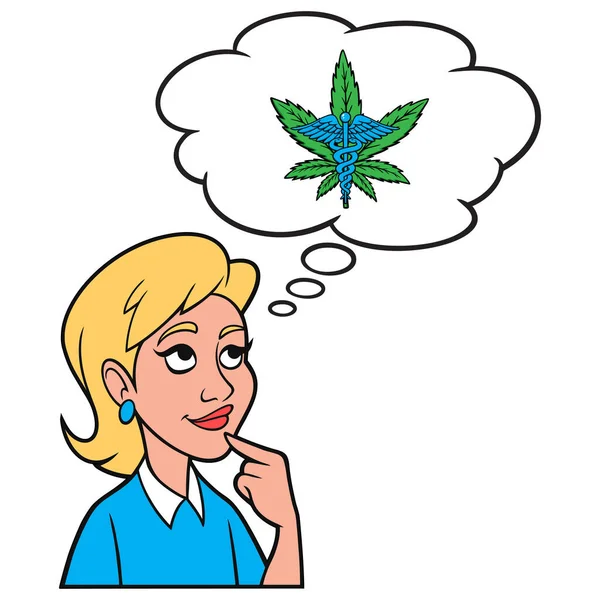Each year since 2009, the Docking Institute of Pubic Affairs at Fort Hays State University has surveyed Kansas adults regarding various issues. Here are findings of the 2023 Kansas Speaks fall survey, which was conducted from Sept. 20 to Oct. 10, 2023. A representative panel of 485 Kansas residents age 18 and older were surveyed online.
Overall Quality of Life in Kansas
• 43% of respondents indicated Kansas is a “very good” or “excellent” place to live, and 11% said Kansas is a “poor” or “very poor” place to live. The rating in 2023 was less positive compared with 2021 and 2022.
Economy
• 19% of respondents felt the state economy is “very good” or “excellent” this year, slightly higher than in 2022 but still lower than in 2021. 20.% felt the economy is “poor” or “very poor,” much higher than in 2021 and 2022.
• 19% of respondents are “very concerned” about the future economy threatening their own or their family’s welfare, and 27% are “moderately concerned,” not very different from 2022.
Government, Politicians & Election
• 38% of respondents were satisfied with the performance of Governor Laura Kelly, and 33% were dissatisfied.
• 22% of respondents were satisfied with President Biden, and 63% were dissatisfied.
• 23% of respondents were satisfied with the Kansas legislature, and 35% were dissatisfied.
• 10% of respondents were satisfied with the U.S. Congress, and 65% were dissatisfied.
• 54% of respondents were confident that the reported winners of the elections in Kansas are actually the candidates that most Kansans voted for. 11% were not confident, 26% were neutral, and 9% said “don’t know.”
• 41% of respondents felt fraud is generally not a problem in Kansas elections. 23% felt fraud is a problem.
Public Policy Issues
• 64% of respondents agreed that expanding Medicaid would help rural Kansas hospital remain in business. 9% disagreed.
• 70% of respondents supported expanding Medicaid in Kansas. 9% disagreed.
• As they decide who got their vote to represent them in the Kansas Legislature, 49% of respondents felt the issue of Medicaid expansion in Kansas is highly or extremely important, 35% slightly important, and 8% not important at all important.
• 67% of respondents supported legalizing recreational marijuana for individuals 21 and older to allow state taxation; 17% are opposed.
• 64% of respondents are “highly” or “somewhat likely” to vote for a candidate who supported medical marijuana legalization as they decided who to vote to represent them in Kansas Legislature; 15% are unlikely.
• 63% of respondents agreed that women are in a better position than politicians to make their own choices about whether to get an abortion; 12% disagreed.
• 51% of respondents agreed that “the Kansas government should not place any regulations on the circumstances under which women can get abortions,” while 27% disagreed.
• 68% of respondents agreed that Kansas should develop a state energy plan that would set forward-thinking energy policy for the state; 9% disagreed.
• 66% of respondents were very or moderately concerned that Kansas might be running out of water, and another 18% were “slightly concerned.” 7% were not concerned at all.
• 62% of respondents agreed that Kansas farmers would need to make changes to their farming practices due to declining water levels; 4% disagreed.
• 57% of respondents felt climate change is a crisis or major problem in Kansas, and 32% felt it is a minor problem or not a problem at all.
• 82% of respondents agreed that buying locally grown food is more helpful to the area’s economy. 77% of respondents felt locally grown food had better quality.
• More than 70% of respondents favored using locally produced foods in senior centers and K-12 school systems. Between 50% to 70% of respondents favored supporting local food systems by offering business supports for farmers, producers and distributors, offering consumer support, and implementing/expanding composting initiatives.
• Protection, hunting, and second Amendment right/Constitutional right were thought to be the three most important reasons for owning a gun or rifle.
Housing
• 72% of respondents were concerned about the cost of housing in their communities.
• About 60% of respondents felt that lack of affordable houses (both for purchase and also for rent) are having negative impacts on their community.
• 23% of respondents agreed that their community is adequately addressing housing issues. 39% disagreed.
• 48% of respondents believed more government spending is needed in their community on services for the homeless. 23% did not believe so.
• 63% of respondents felt that they would have difficulty affording to buy a home in their community.









